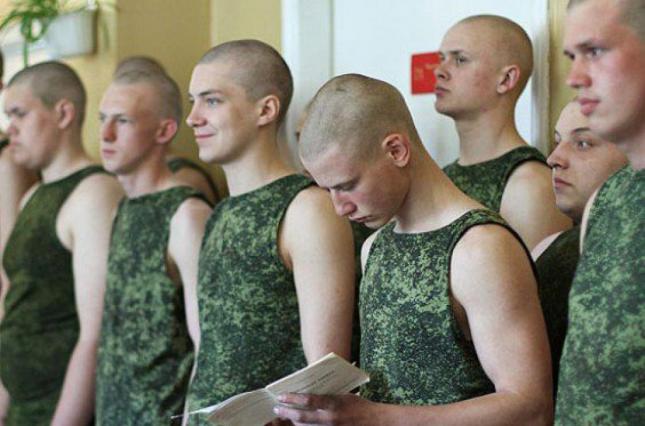Russia’s censor threatens Ukrainian newspaper for explaining that conscription of Crimeans is a war crime
 Roskomnadzor has threatened to block access to the website of Dzerkalo Tyzhnia, a major Ukrainian newspaper over an article about Russia’s imposition of conscription in occupied Crimea. Dzerkalo Tyzhnia has reacted by expressing disappointment in such shoddy work from the Russian censor and willingness “to point to other material for which the site should be hidden from Russians”.
Roskomnadzor has threatened to block access to the website of Dzerkalo Tyzhnia, a major Ukrainian newspaper over an article about Russia’s imposition of conscription in occupied Crimea. Dzerkalo Tyzhnia has reacted by expressing disappointment in such shoddy work from the Russian censor and willingness “to point to other material for which the site should be hidden from Russians”.
The Russian censor has already sought to directly block three texts from the Crimean Human Rights Group spelling out unpalatable truth about Russia’s conscription of young Crimeans to serve in the occupier’s army. It is now attacking media that report on the Group’s findings and on their gathering of such incriminating evidence to submit to the International Court of Justice at the Hague. Roskomnadzor has, curiously, targeted an article which, while still relevant, was published almost a year ago, but perhaps it is stepping up ‘vigilance’ before a new conscription drive begins on 1 October.
This will be the eight time that Russia is carrying out conscription in Crimea after its invasion and annexation of this Ukrainian territory in 2014. The Crimean Human Rights Group reports that around 12 thousand young men have already been conscripted. They point out that the claims from the Russian authorities that only those who wish to go to the army are called up are simply not true. At least 30 sentences have already been passed in criminal prosecutions of young Crimeans for supposedly evading the draft, and says that this number is likely to rise with each new conscription intake.
Russia is unequivocally in breach of international law in imposing conscription in Crimea. Article 51 of the Geneva Convention relative to the Protection of Civilian Persons in Time of War could not be clearer on this:
“The Occupying Power may not compel protected persons to serve in its armed or auxiliary forces. No pressure or propaganda which aims at securing voluntary enlistment is permitted”.
Russia’s attempts to deny that it is occupying Crimea have been rejected by the United Nations General Assembly, by all international bodies and democratic states. All four Geneva Conventions, in fact, stipulate that they apply also “to all cases of partial or total occupation of the territory of a High Contracting Party, even if the said occupation meets with no armed resistance”. In November 2016, the Prosecutor’s Office of the International Criminal Court at the Hague concluded that Russia’s occupation constitutes an international armed conflict, placing it within the Court’s jurisdiction which Ukraine has recognized.
Russia may deny all of this but it is fully aware how grave the violation is. Young Crimean conscripts have complained to rights activists of pressure on them to renounce their Ukrainian citizenship. This would not remove the first violation, while adding another since international law is also quite clear that “it is forbidden to compel the inhabitants of occupied territory to swear allegiance to the hostile Power.” [1907 Hague Convention].
The article that Roskomnadzor has tried to block explains all of this, as well as the illegality in accordance with Article 49 of the Fourth Geneva Convention, of sending Crimean conscripts to the Russian Federation.
It quotes a legal expert as saying that Ukraine should gather evidence of all such crimes linked with conscription and send them to the International Criminal Court. This, in fact, the Crimean Human Rights Group is doing and they have long asked people to send them such facts, guaranteeing full confidentially. They hope that the proof can also prompt the UN Security Council or other international bodies to put pressure on Russia to stop conscription in Crimea.
It is important also that Ukraine clearly stipulates in legislation, as it has done with Crimeans being forced to receive Russian citizenship, that conscripts themselves will not be held answerable for doing military service in the aggressor state’s army. These young men are threatened by the Russian occupier with criminal proceedings if they refuse to do such service, and are undoubtedly victims of Russia’s war crimes on occupied Ukrainian territory.





